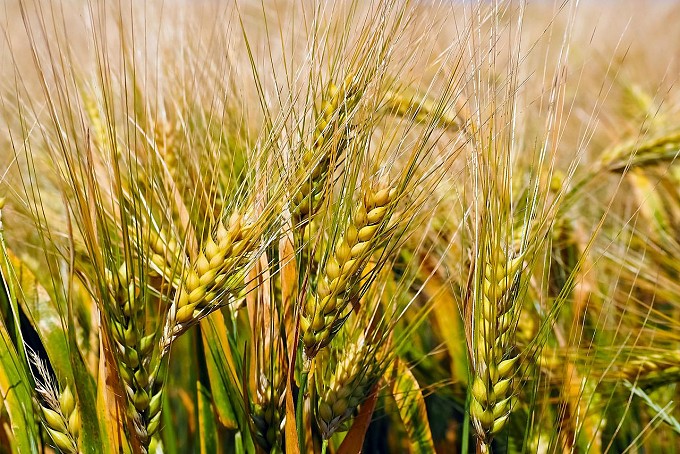
The government considered the issues of conducting a sowing campaign and ensuring food security.
On Tuesday, June 7, Prime Minister Alikhan Smailov held a government meeting on the sowing campaign.
According to the Ministry of Agriculture, as of today, the sowing of grain crops has been completed in all regions, except for Aktobe (97.7%) and West Kazakhstan regions (86.2%), where sowing work has been delayed due to heavy rainfall. They are expected to be completed by the end of this week.
To date, spring crops have been sown on an area of 19.8 million hectares, or 100.2% of the planned plan, potatoes - on 189.6 thousand hectares, vegetables and gourds - on 269.2 thousand hectares, perennial grasses - on 429 .6 thousand hectares. Sowing of oilseeds on an area of 3.1 million hectares, sugar beet - 12.3 thousand hectares, cotton - 121.1 thousand hectares has been completed. The total sown area of the country amounted to 23.1 million hectares, which is 105 thousand hectares more than in 2021.
At the same time, in accordance with the ongoing diversification of sown areas and the work to move away from monocultures, the area of grain crops has been reduced by 285.5 thousand hectares. There is an increase in priority crops, such as oilseeds - by 24.9 thousand hectares, potatoes - by 2.4 thousand hectares, vegetables - by 1.7 thousand hectares and fodder crops - by 448.1 thousand hectares.
After listening to the speakers, Alikhan Smailov noted that the government had taken all the necessary decisions on the financial and logistical support of the agricultural sector.
In particular, in order to support the total amount of budget lending, the total amount of budget lending was increased to 140 billion tenge, twice, to 80 billion tenge, funding for the forward purchase of agricultural products was increased. In general, an additional 298 billion tenge was allocated to finance the agro-industrial complex when the budget was clarified.
In addition, the required amount of diesel fuel was supplied at a price lower than the market price by 10-15%, prices for domestic mineral fertilizers were reduced.
Thus, measures of state support for the agro-industrial complex have been strengthened this year, the Prime Minister of the Republic of Kazakhstan noted.
According to the head of government, despite the dry last year, the industry managed to fully meet domestic needs with grain.
“We have fulfilled our export obligations and formed the corresponding reserves. Before the harvest, we are fully provided with grain,” the Prime Minister of the Republic of Kazakhstan assured.
At the same time, according to the UN March Bulletin, in 2022, the wheat harvest in Kazakhstan exceeds the annual average. With an average grain harvest of 18-19 million tons, domestic demand is about 8 million tons. Even in case of bad weather conditions and forecasts, Kazakhstan will ensure its food security.